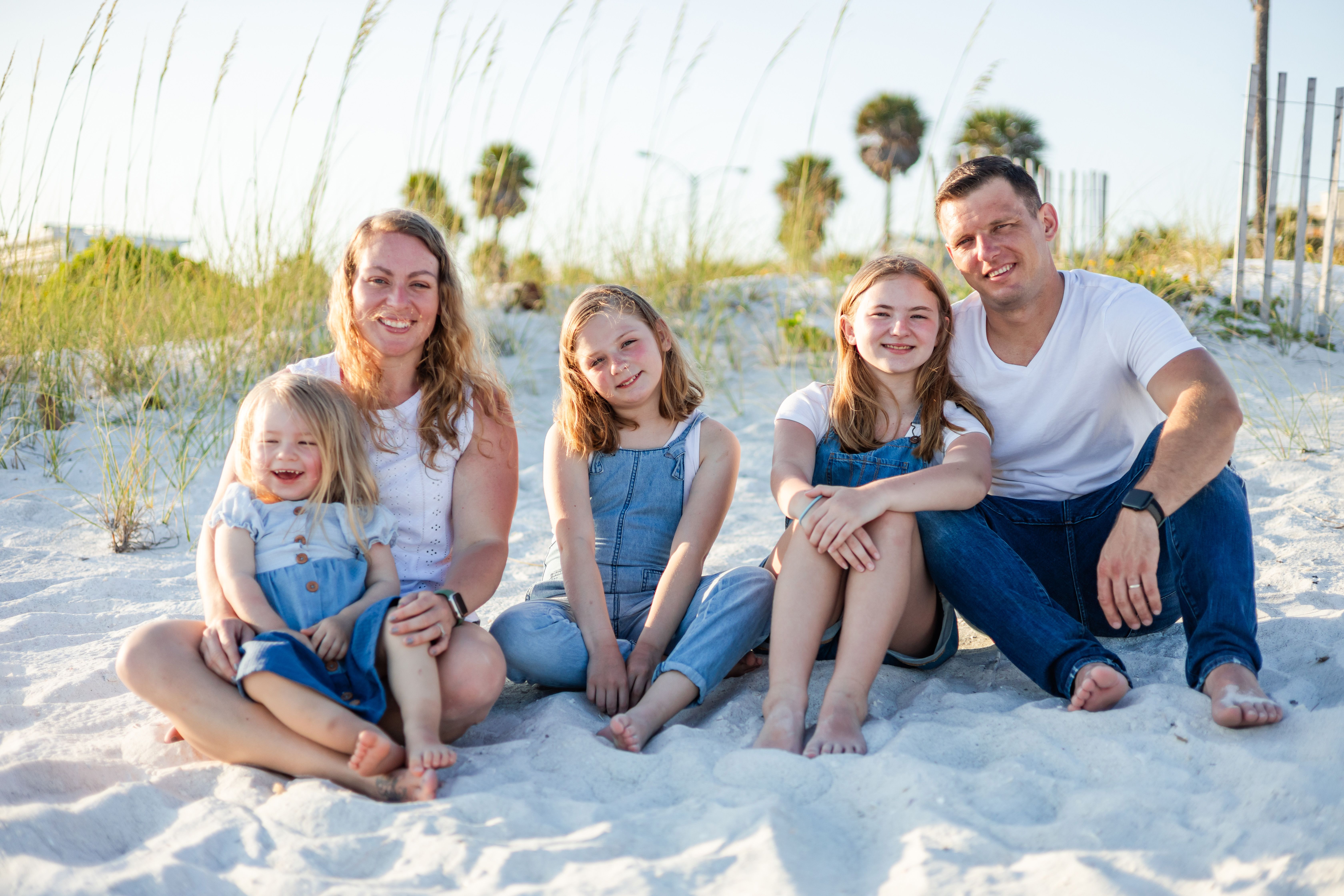Summer Camp: A Source of Hope and Healing for Families of Childhood Cancer Survivors


The Transformative Power of Cancer-Specific Summer Camps for Children
A cancer diagnosis during childhood is accompanied by a myriad of emotional, physical, and psychological hurdles, impacting not only the affected child but also their family. Amidst a whirlwind of hospital visits, treatment regimens, and an often overwhelming sense of isolation, many young patients find themselves deprived of the simple joys and experiences that define a typical childhood. In this challenging context, cancer-specific summer camps emerge as a refuge, offering hope and healing. These specialized camps are meticulously designed to create a safe, supportive, and enjoyable atmosphere where children undergoing cancer treatments can rekindle their spirit and relish the joy of being a child once more.
One of the chief benefits of cancer-specific camps is the strong sense of community they cultivate. Many children with cancer grapple with feelings of alienation, largely due to visible side effects such as hair loss or limitations in participating in physical activities. At these camps, every child shares a common bond, experiencing a unique understanding that fosters deep, meaningful friendships. This environment allows kids to share their fears, challenges, and triumphs without the need for explanations about their ailments. As a result, they often experience acceptance and camaraderie for the first time, providing a network of emotional support that extends well beyond the camp.
Beyond camaraderie, emotional healing plays a pivotal role in the camp experience. Children diagnosed with cancer frequently face depression, anxiety, and diminished self-esteem stemming from their health challenges. Cancer-specific camps introduce therapeutic activities aimed at emotional support and resilience-building. Through art therapy, music, group discussions, and guided reflections, these camps equip children with essential tools to process their experiences healthily and constructively. Participating in new activities—be it climbing a rock wall or showcasing their talent in a performance—serves to counteract feelings of helplessness, fostering a renewed sense of accomplishment.
Physical safety and health are also paramount in these camping environments. Unlike traditional summer camps, cancer-specific camps boast medical professionals and facilities well-equipped to meet the unique needs of children during treatment. This level of care ensures that even those currently receiving treatment or those requiring special accommodations can engage safely in camp activities, alleviating concerns for parents while granting children the freedom to explore and enjoy.
Moreover, these camps extend much-needed relief to families, who often experience the profound emotional and physical strains of caring for a child with cancer. By allowing children to engage in safe and supportive activities, parents and caregivers receive a brief but essential respite. This time fosters healing and balance within the family unit, empowering caregivers to attend to their well-being while knowing their child is in a nurturing and secure environment.
In conclusion, cancer-specific summer camps provide diverse opportunities that transcend mere entertainment. They foster healing, connection, empowerment, and optimism. For children who have faced the harsh realities of cancer, these camps can become transformative experiences. They create lasting memories, build resilience, and consistently remind young participants that they are defined by more than just their diagnosis. As a mother of an oncology patient, I have witnessed firsthand the profound impact these camps can have. In a world often filled with limitations, cancer camps open doors to joy, possibility, and a sense of belonging, allowing children to rediscover the simple pleasures of youth.






